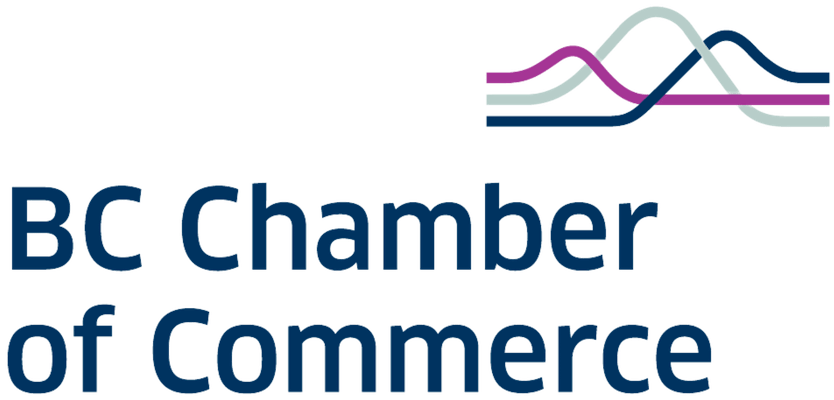BALANCING IMMIGRATION ISSUES WITH LABOUR NEEDS BY UTILIZING PRIVATE POST-SECONDARY EDUCATION IN CANADA (2024)
Issue
The recent Federal Government cap on international student visas and subsequent implementation by the Provincial Government pose challenges to the economic contributions of these students, impacting local communities, businesses, and both public and private post-secondary educational institutions. The lack of consultation with private institutions exacerbates the negative repercussions and necessitates immediate attention to safeguard the vital role of international students in our economy.
Background
The Government of Canada will set an intake cap on international student permit applications to stabilize new growth for two years. For 2024, the cap is expected to result in approximately 360,000 approved study permits, a 35% decrease from 2023.[1] Individual provinces and territories had caps established, which they could allocate to public post-secondary institutions, private colleges, and language schools. The measures also include changes to the Post-Graduation Work Permit Program and eligibility criteria. These temporary measures aim to protect the system from abuse and ensure genuine students have the resources for a successful academic experience while alleviating pressures on housing and other services in Canada.
The province of British Columbia is taking steps to improve the quality of post-secondary education for international students by implementing new measures to eliminate exploitative practices and enhance standards. The distribution for the provincial attestation letters will be 53% for public post-secondary institutions and 47% for private institutions. In 2024, private institutions will receive 27% fewer study permit applications than they did in 2023. The goal is to ensure that international students receive a high-quality education and are protected from exploitation. The province is also working to align with new federal requirements for international student enrollment and plans to continue strengthening protections for students in the future.
The Surrey Board of Trade hosted a roundtable with key stakeholders, including representatives from private and public post-secondary institutions, political figures, and industry experts. It was highlighted that there was an absence of prior consultation, damage to the reputation of private institutions, and uncertainties faced by students regarding their education. The need for collaborative solutions emerged as a central theme, emphasizing the urgency for policy adjustments.
It is imperative to swiftly address the current international student moratorium and limitations imposed by government authorities. These restrictions pose a significant threat to the economic vitality of affected businesses and educational institutions and, therefore, the health of the overall local economy. It is crucial to end this moratorium promptly and engage in comprehensive consultations with all stakeholders to develop effective and equitable policies.
It is essential to avoid the blanket solution, which created a public perception that categorized all private educational institutions as bad actors. Recognizing the diverse contributions and standards of various institutions, it is crucial to address specific issues without unfairly tarnishing the reputation of responsible institutions. A nuanced and targeted approach is necessary to uphold the integrity of reputable institutions while effectively addressing any concerns.
Active student participation in decision-making processes is paramount. Students are key stakeholders whose perspectives and concerns must be considered when formulating policies that affect their education and future. Establishing mechanisms for ongoing student engagement is essential to foster transparency, accountability, and responsiveness in decision-making processes.
Immigration policies should be aligned with the high-priority needs of key industries. By strategically tailoring international student admissions to meet the demands of sectors such as healthcare, early childhood education, and trades, policymakers can support broader economic goals while effectively addressing workforce needs.
The moratorium on new degrees should be lifted to allow institutions to respond dynamically to evolving educational needs. Additionally, private institutions should be encouraged to advocate for new degrees based on research and market demand, ensuring that academic programs remain relevant and responsive.
Supporting educational institutions' housing plans and strategies is essential to address accommodation challenges for students, staff, and families. Providing incentives such as building grants and low-cost loans involving not-for-profits can expedite the development of rental housing stock, creating more accessible and affordable options.
Timely release of regulatory frameworks, such as the Post-Secondary Formula Review and International Student Framework, is critical for providing clarity and guidance to educational institutions and students, enabling institutions to plan effectively and students to make informed decisions about their education.
Designating dedicated representatives for private colleges can streamline communication and address specific needs more effectively. This approach fosters direct dialogue between private colleges and regulatory bodies, ensuring their concerns are heard and addressed appropriately.
Collaboration with not-for-profit organizations in both the public and private education sectors is vital for creating a comprehensive support network for international students. By leveraging the expertise and resources of these organizations, educational institutions can enhance their ability to provide holistic support services for students.
THE CHAMBER RECOMMENDS
That the Provincial Government:
- End the cap on new degrees and continued advocacy by private institutions for new degrees based on their needs and research are called for.
- Release of the Post-Secondary Formula Review and International Student Framework
- Appoint dedicated Representatives for Private Training Institutions Branch (PTIB) and Degree Quality Assessment Board (DQAB) for each private college.
- Collaborate with not-for-profit organizations to foster a comprehensive support network for international students, allowing collaboration with both the public and private education sectors.
That the Federal Government:
- End the international student moratorium promptly and engage in thorough consultations with the private education sector to develop effective policies collaboratively.
- Establish ongoing communication frameworks to address student concerns actively and ensure their meaningful participation in the decision-making process.
- Implementing a strategic approach to international student admissions aligned with high-priority industry needs is suggested to serve broader economic goals effectively.
